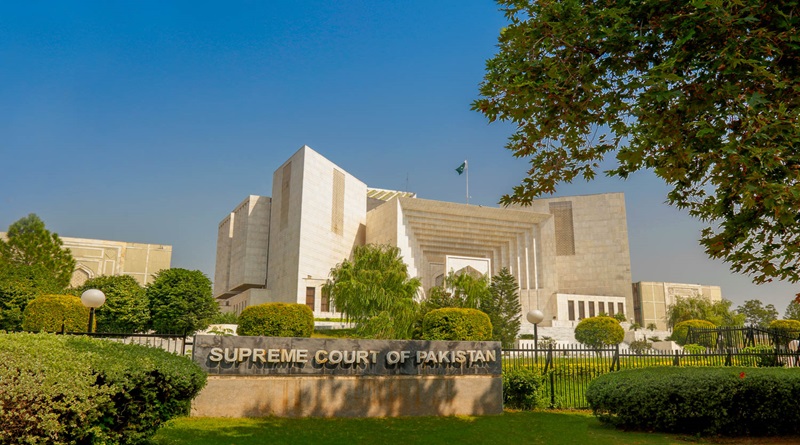Pakistan Chief Justice’s Bold Move: Bans the Word ‘Sahib’ for Government Officials.

New Delhi: Chief Justice of Pakistan, Qazi Faez Isa, has prohibited the inclusion of the term “sahib” in the titles of public servants, asserting that it undesirably elevates their status and fosters a sense of unaccountability. In a concise two-page directive, Chief Justice Isa emphasized that appending “sahib” to job titles could lead to delusions of grandeur among public servants, which is unacceptable as it goes against the interests of the public they are meant to serve, as reported by The Express Tribune.
Chief Justice Isa issued this order while adjudicating a bail plea related to a child’s murder in Peshawar last year. During the proceedings, the Additional Advocate General of Khyber-Pakhtunkhwa province referred to a local deputy superintendent of police as “DSP sahib.” Chief Justice Isa reprimanded the advocate, stating, “You have spoiled everyone by calling them sahib. He is a DSP or rather an incompetent DSP… and not a sahib.”
The Chief Justice emphasized the need to discontinue the practice of using “sahib” in job titles, asserting that it elevates the status of public servants and may contribute to a perception of unaccountability.
During the hearing, Chief Justice Isa highlighted deficiencies in the investigation, noting that the case challan relied on only two statements, indicating a lack of a proper and thorough investigation. He characterized the case as a “classic example of an incompetently handled investigation.”
In the particular case, the Supreme Court granted bail to the suspect, citing the police’s failure to conduct a comprehensive investigation to identify those responsible for the child’s death. The court criticized the investigation as a prime example of poor investigative practices.
The directive by Chief Justice Isa underscores the importance of maintaining a sense of accountability among public servants and refraining from practices that may create an elevated or privileged perception of their roles.





